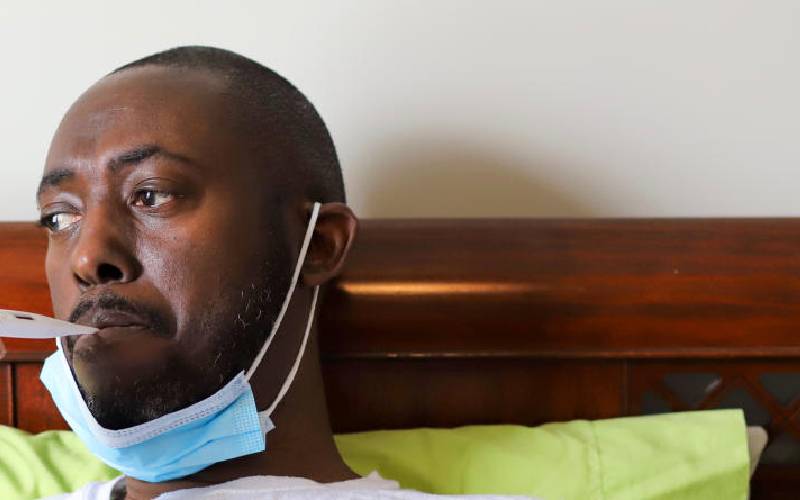×
The Standard e-Paper
Kenya’s Boldest Voice

Kenyan scientists have warned of more infections and mutations if people keep dropping the guard. [Courtesy]
Scientists have cautioned Kenyans not to treat Covid-19 like flu as is the case in Europe.